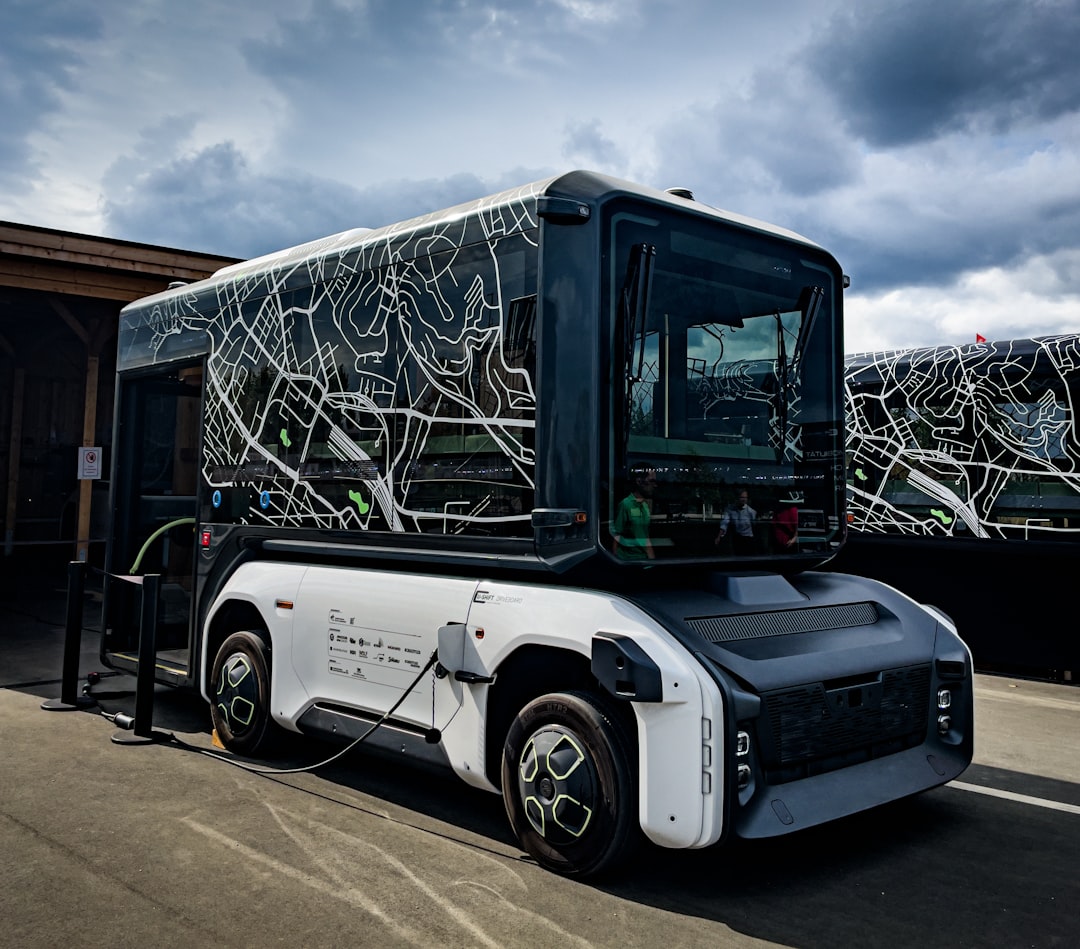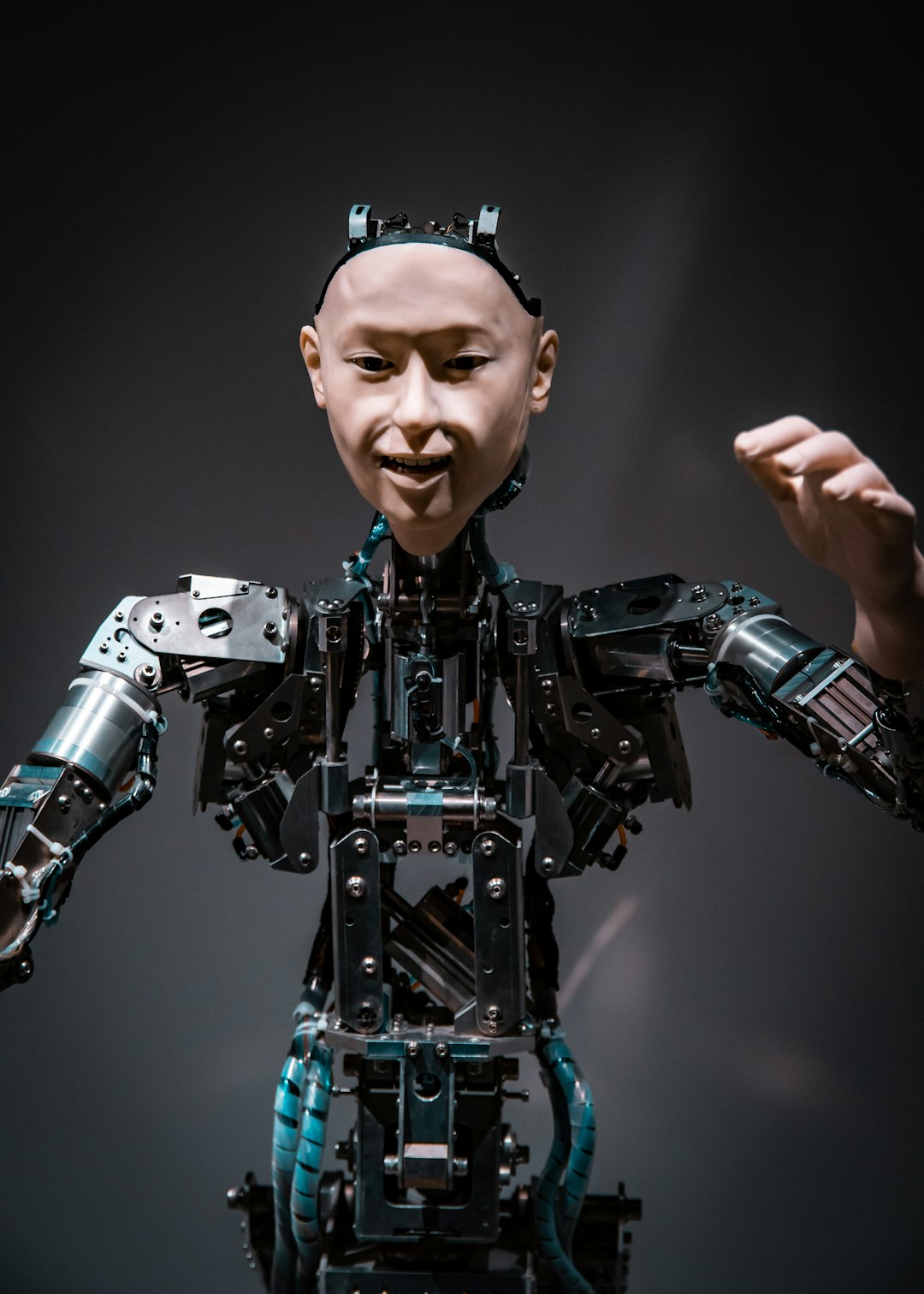In the ever-evolving digital landscape, the way websites are built and maintained has undergone a seismic shift—thanks to advancements in artificial intelligence (AI). From automating repetitive tasks to offering intelligent design recommendations, AI is making web development not only faster but also significantly more efficient and accessible.
Web development was once the exclusive domain of experienced programmers and designers. Today, it is increasingly being democratized by AI-powered tools. These systems help both beginners and professionals reduce development time, enhance user experience, and minimize human error. As AI continues to mature, its impact on web development is becoming impossible to ignore.
The Role of AI in Modern Web Development
AI is being integrated into virtually every stage of the web development lifecycle. Its applications range from writing code suggestions to layout design and even performance optimization. Here are some key areas where AI is making a notable difference:
- Code Generation: Tools like GitHub Copilot and Tabnine use machine learning algorithms to assist developers in writing cleaner, faster code with intelligent autocomplete functionality.
- Design Automation: Platforms such as Wix ADI and Bookmark leverage AI to create aesthetically pleasing and responsive web designs based on user preferences and data inputs.
- User Experience Enhancement: AI allows for tailored interfaces and experiences through behavioral tracking and predictive analytics, providing visitors with content that matters most to them.
- Testing and Debugging: AI-driven testing tools automatically detect bugs, simulate user interactions, and identify bottlenecks, dramatically speeding up the QA process.
Each of these innovations removes friction from the development process and provides developers with more room to concentrate on creativity and strategic thinking.

Lowering Barriers for Non-Technical Users
Perhaps one of the most transformational aspects of AI in web development is how it empowers individuals with little to no coding experience. With the rise of no-code and low-code platforms, entrepreneurs, small businesses, and creatives can now build fully functional websites in hours rather than weeks.
AI handles many of the technical challenges behind the scenes. Need a contact form? AI tools can build and integrate one instantly. Looking to optimize a site for mobile? AI can adapt layouts and elements for the best user experience across all devices. This new accessibility ensures that great ideas are no longer stifled by technical limitations.
Improving Website Performance and SEO
AI doesn’t just help build websites—it makes them better. Algorithms now analyze user behavior and provide insights on how a website can be optimized for engagement, speed, and discoverability. In particular, AI contributes to:
- Search Engine Optimization (SEO): AI tools like SEMrush and Clearscope recommend keywords, headings, and content formats that boost visibility on search engines.
- Content Personalization: Machine learning systems adapt content based on user interaction patterns, increasing relevance and engagement.
- Load Speed Improvements: AI can identify scripts and components that slow down site performance and suggest more efficient alternatives.
These optimizations can mean the difference between a site that merely exists and one that thrives in a crowded digital space.

Challenges and Considerations
While AI brings enormous benefits, it’s important to recognize the potential downsides.
- Over-reliance: Depending too heavily on AI-generated code or design can lead to generic or poorly optimized results.
- Security Concerns: Automated systems need to be routinely updated to address emerging threats and vulnerabilities.
- Ethical Design: AI must be trained on diverse datasets to avoid biased outcomes in both functionality and appearance.
These concerns highlight the need for oversight and a balanced approach where AI enhances human creativity rather than replacing it.
The Future of AI in Web Development
The horizon of web development continues to expand with AI as its driving force. We can expect even more advanced tools that understand natural language input, generate fully functional sites from simple sketches, and personalize experiences in real time at an individual level. Development cycles are getting shorter, interfaces more intuitive, and the boundaries of possibility are being redrawn daily.
As businesses and individuals embrace these technologies, those who adapt will find themselves with a powerful advantage in an increasingly digital world. AI is no longer just a complementary tool—it is becoming a cornerstone of modern web development.



